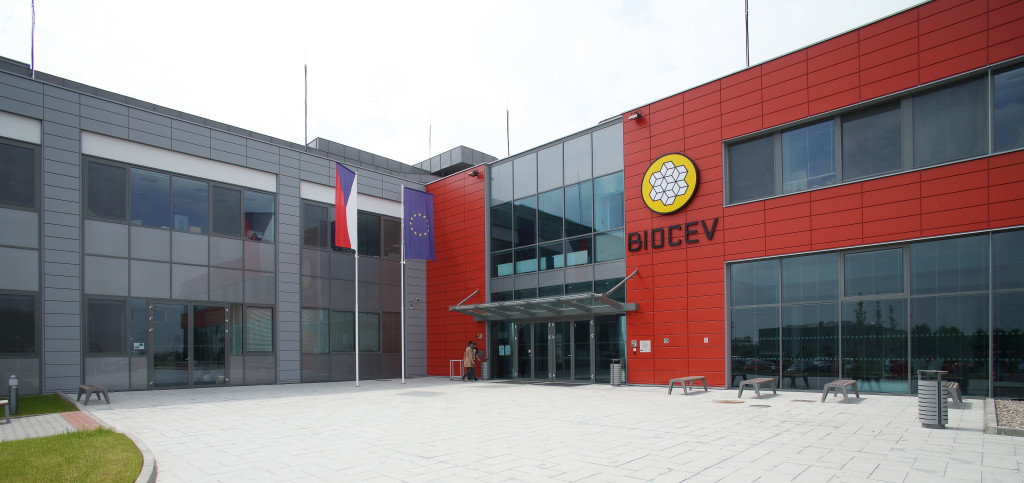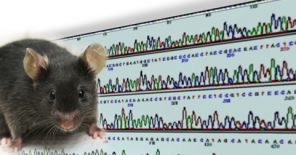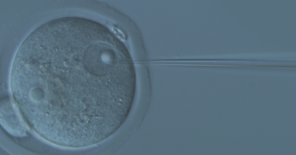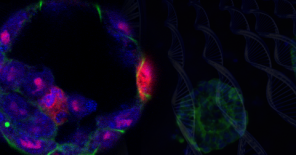BIOCEV Research Programme of Functional Genomics
The genomes of humans, mice and many other species have been completely sequenced; nevertheless the knowledge of genome sequences as such does not shed light on questions concerning the functions of these sequences. Among the unanswered questions are those regarding the functions of most of the genes that encode proteins; the number of these genes is estimated to be 20,000.
In order to describe biological functions of a gene, an informative modification (mutation, for instance a conditional deletion) must be inserted into the genes. In order to annotate the function of human genes, functional (pheno)genomics needs to be combined with comparative genomics – the function of the human genome should be inferred from the function of an orthologous genetic product, e.g. from the mouse.

In recent years, mouse and rat models have been considered excellent models in the search for functions of genes within complex organisms as most of their physiological functions are very similar to those of humans and, also, their genetic differences are minimal (in comparison to other non-mammalian models). Although characterization of the function of a particular gene product (i.g. protein) in vitro delivers important information about molecular mechanisms, the verification of their real functions cannot be done without an intensive research at the level of complex organisms and their distinct physiological systems.
Functional genomics research program is based on previous work of a few research groups that have built up a substantial expertise and have already attained considerable scientific results in this field.
Rat Models for Metabolic Disorders
(currently without PI)Auditory Function in Mutant Mice
Jiří Popelář (prof. Josef Syka, guarantor)Lipocalins in Modulation of Mammalian Reproduction
Pavel StopkaMolecular Mechanisms of Mammaliam Germ Cell Development
Zdeněk TrachtulecStructure of the Cell Nucleus in Gene Expression
Pavel HozákOP RDE Project
Upgrade of the Czech Centre for Phenogenomics: Developing towards Translation Research
Project ID: CZ.02.1.01/0.0/0.0/16_013/0001789


To keep pace with the current development of new technologies and knowledge to decipher complex biological processes linked to genetic base of human disorders, Czech Centre for Phenogenomics (CCP) strives to develop research activities advancing its expertise, service portfolio, and scientific impact.
Having established generation of genetically modified models and their standardized phenotyping, CCP aims to advance metabolic and aging analysis as well as data coming from models of rare and other genetic disease. Regarding the systemic approach and data usage, CCP aims to build a bioinformatics group that will analyse data coming from research activities of these grant projects, phenotyping tests of CCP, and later on also serve the user community.
A specific link to human medicine, especially to cancer development and its treatment, will be introduced by patient-derived xenographs (PDX) technology, which will include their standardized characterization, maintenance, biobanking, and distribution. Moreover, CCP strives to establish a National PDX reference centre and thus, not only to serve the medical community but also foster biomedical research. The outcome of this effort should be translated into future clinical application, in particular for the personalized medicine approach used in oncology.


